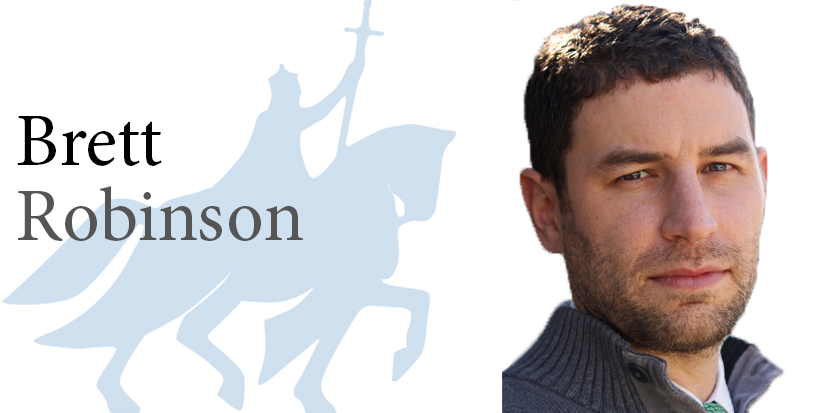 There are some signs that the culture is coming around to something deeper in our increasingly digitized landscape.
There are some signs that the culture is coming around to something deeper in our increasingly digitized landscape.
Cal Newport is an associate professor of computer science at Georgetown University in Washington but does not own a cellphone and has no social media accounts. His two most recent books are not theological in any sense, but they hint at a sacramental sensibility, and the Church would do well to pay attention to what he’s saying.
Newport’s 2016 bestseller “Deep Work” makes a case for pursuing a “state of distraction-free concentration.” His argument is that we are losing touch with “deep work” because our networked tools such as email and social media encourage skimming across the surface of things, leading to shallow work habits that have little value. We read headlines without reading the articles and respond too quickly to things that require more thought.
What are the benefits of slowing down and doing deep work? Improved skill and the creation of new value that is hard to replicate. Newport cites the productive success of people such as filmmaker Woody Allen and “Harry Potter” author J.K. Rowling, who both practice forms of deep work by avoiding social media and using distraction-free tools like Allen’s German Olympia SM3 manual typewriter.
Newport’s argument is a version of the one made by the French philosopher Simone Weil who said, “Attention, taken to its highest degree, is the same thing as prayer. It presupposes faith and love.” When we devote our full and undivided attention to something, no matter what it is, we build a capacity within ourselves to experience something deeper. And when that capacity is directed toward God in prayer, we open ourselves up to perceiving God’s grace, the real deep work of the spiritual life.
Newport’s follow-up book, “Digital Minimalism: Choosing a Focused Life in a Noisy World,” takes the concept a step further by suggesting that we need more than just “life hacks” and tips for becoming less ensnared in digital distraction. Rather, we need a “philosophy of media” that stems from our deeply held beliefs. More than a “digital Sabbath” where we spend a day or two away from our digital devices, digital minimalism goes deeper.
The moment we start rationalizing our behavior by admitting that we are, in fact, more distracted but it is nice to be in touch with far-flung family on Facebook, we have given in to a shallow view that our tools have costs and benefits, but the benefits outweigh the costs.
A more meaningful approach would be to confront the root sources of our unease. The distraction isn’t most worrisome, it’s our loss of self-control and autonomy, both of which are necessary for taming the passions and experiencing the interior freedom that our faith offers.
Read in tandem, Newport’s books offer an implicitly Catholic case for rethinking our relationship to technology. The author’s audience is clearly corporate types and harried professionals who are looking for more meaning and clarity of focus in their work, but the lessons are just as applicable to our spiritual lives. The challenge is controlling the passions, a problem that humans have had since the beginning. When someone such as Newport says that we need to work backward from our deep values to our technology choices, the Church should take notice.
It is far too common to adopt new tools uncritically and judge their utility based on whether they can supplement the Church’s mission of evangelization. This is not necessarily a bad thing, as Bishop Robert E. Barron of Los Angeles and others have shown through their use of media, but what is the Church’s philosophy of media?
How do we discern what we use and what we avoid when it comes to preserving the higher ideals that the Church serves? We might start with the idea of a thoughtfully considered minimalism when it comes to the temptations of technology.
Robinson is director of communications and Catholic media studies at the University of Notre Dame McGrath Institute for Church Life.